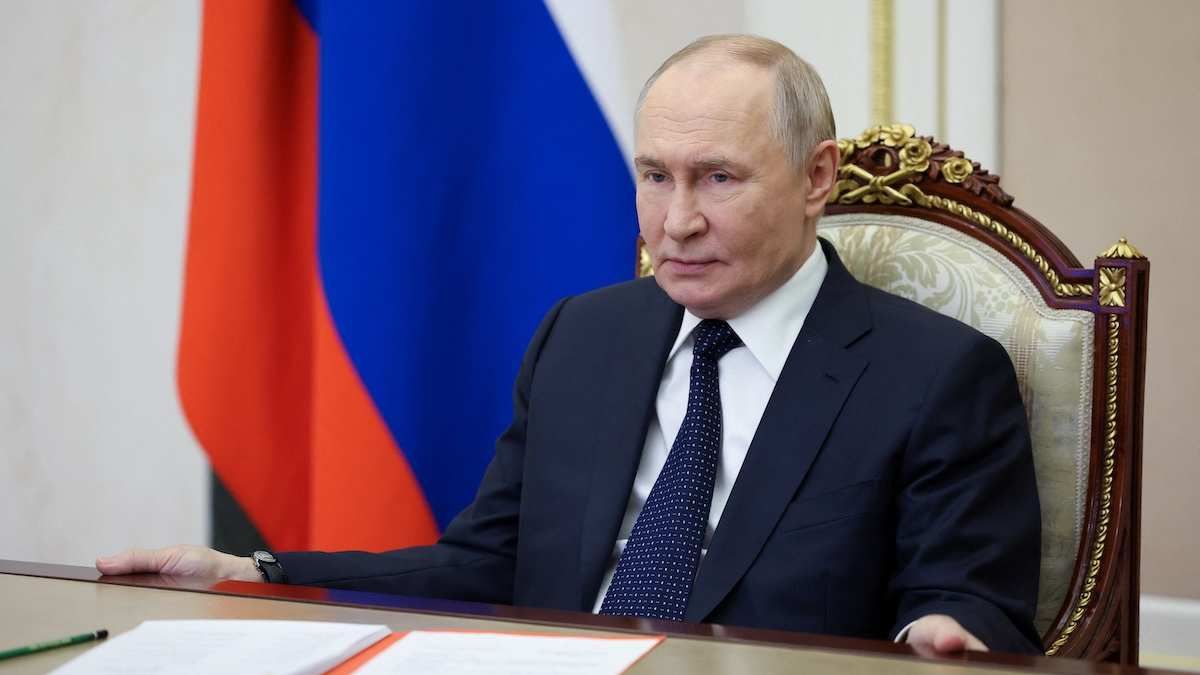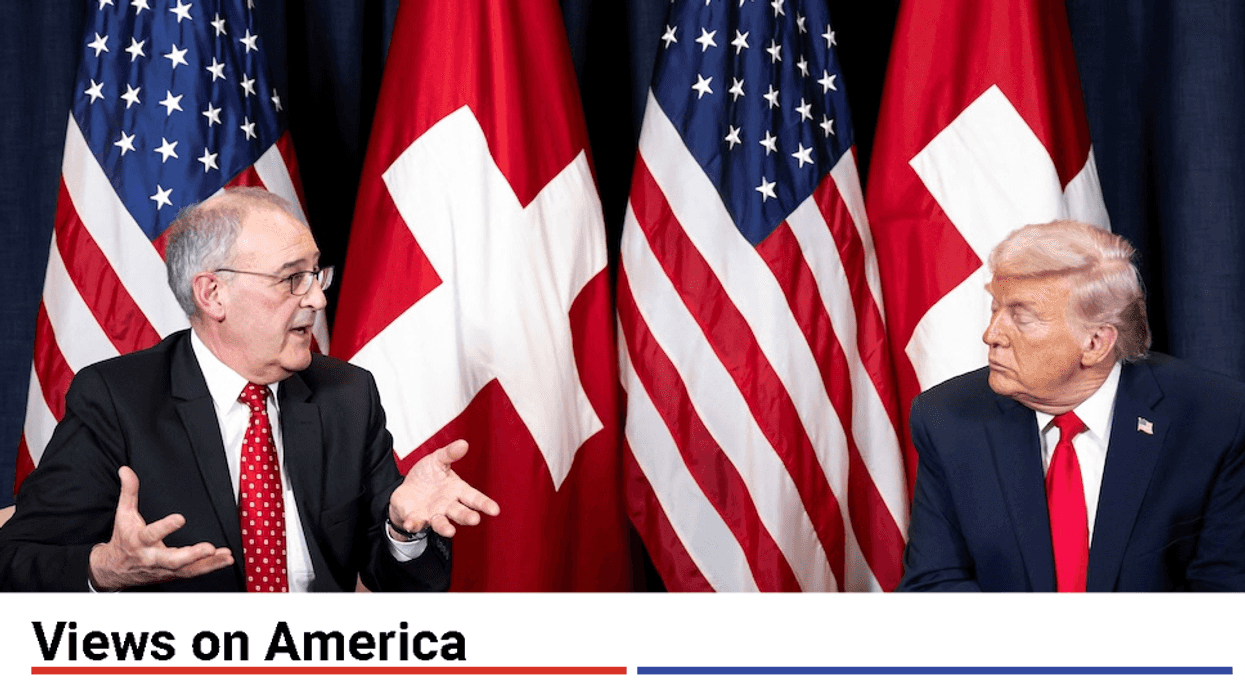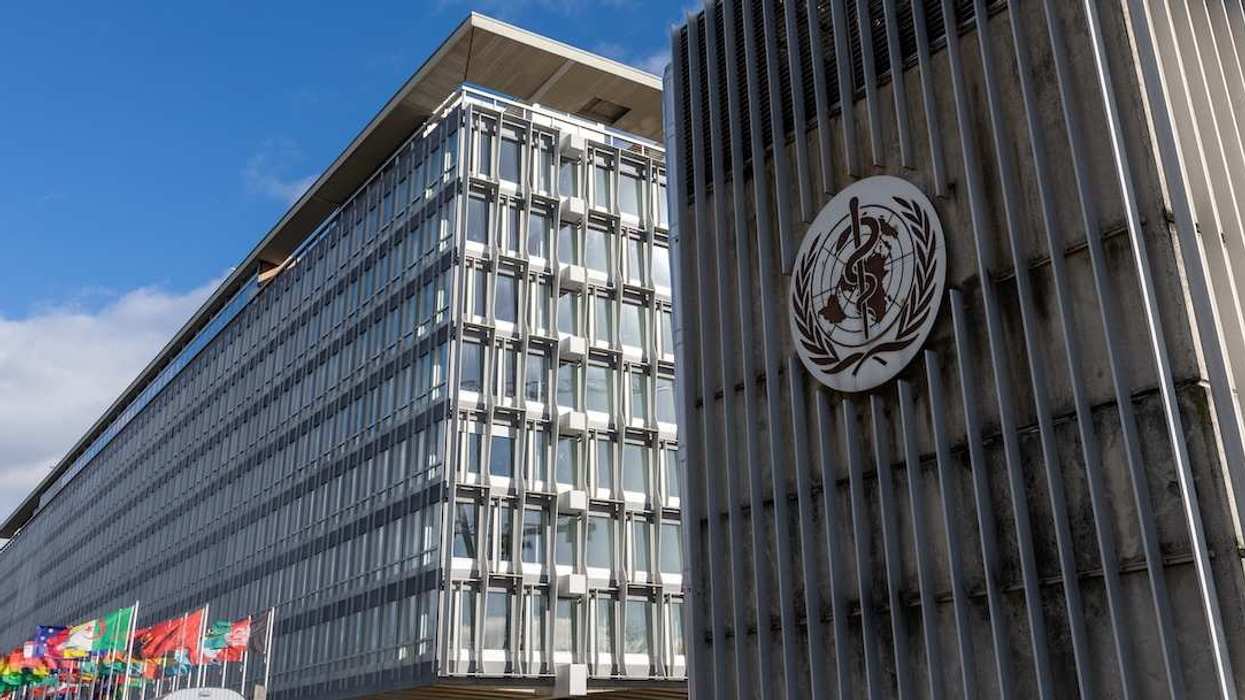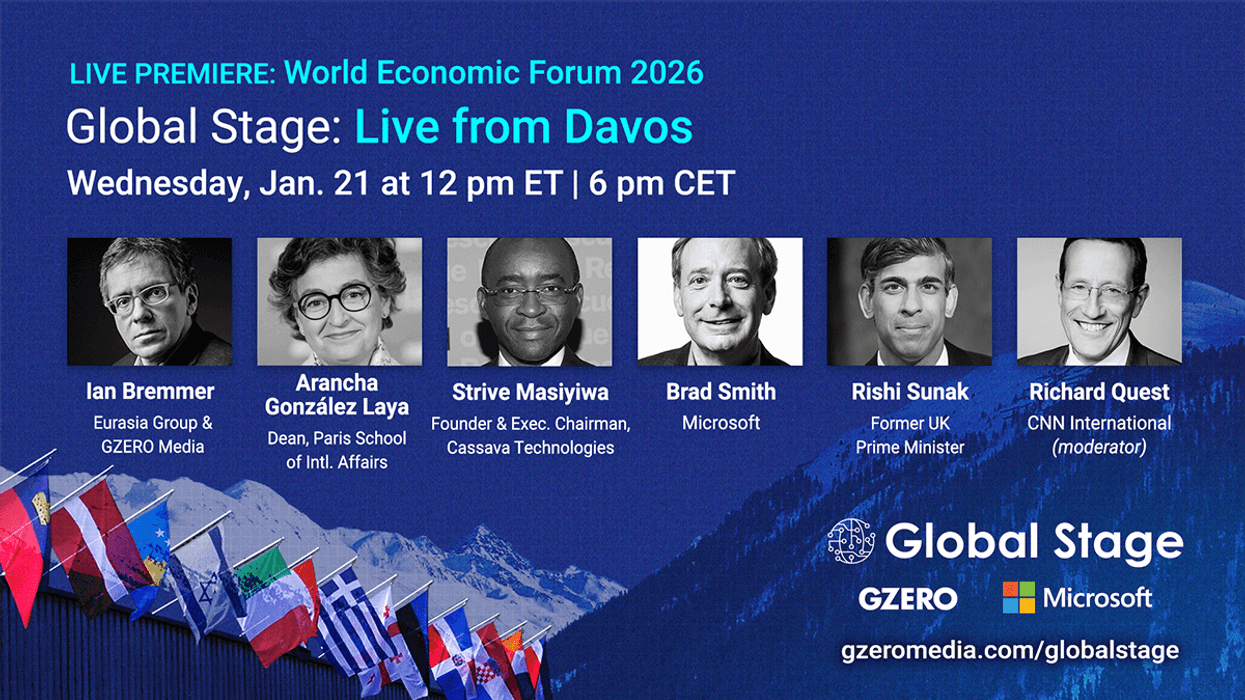It’s been a tumultuous couple of weeks for US-Russia relations.
Two weeks ago, US President Donald Trump was considering handing Tomahawk missiles to Ukraine, which would allow Kyiv to strike deep into Russian territory. But, following a phone call with Russian President Vladimir Putin on Oct. 16, Trump decided to chop the Tomahawk plan, and announced a meeting with his Russian counterpart.
That quickly fell apart, though – reportedly because negotiations over a ceasefire deal had stalled – and by Oct. 23, an agitated Trump announced that he was sanctioning Russia’s two largest oil companies, Rosneft and Lukoil, which together produce half of Russia’s oil. This was a step that even the Biden administration refused to take, largely over fears that oil prices would spike, driving up inflation.
Now, combined with Biden-era sanctions on Gazpromneft and Surgutneftegaz, the US has blacklisted Moscow’s four largest crude producers.
There’s just one problem, per Eurasia Group’s Russia expert Alex Brideau.
“The new US sanctions are most likely insufficient to change Putin’s strategy in the war against Ukraine,” said Brideau. “The full effect will depend, in part, on whether the largest importers of Russian oil, India and China, halt these purchases.”
Will China and India halt purchases? Here’s the thing: they just might. This would be devastating for the Kremlin: the two countries combined currently purchase more than 80% of Russia’s crude exports, per the Centre for Research on Energy and Clean Air. What’s more, the oil & gas sector is vital to Russia’s government purse – it’s responsible for 30-50% of total budget revenues.
Even absent any pressure from the government to comply or ignore the sanctions, Chinese refiners are already looking elsewhere, per Eurasia Group’s Practice Head for China David Meale.
“I think there is no chance that China will push its firms to comply with the sanctions for the purposes of improving bilateral relations,” said Meale. “However, their major oil companies have already curtailed purchases due to how the threat of sanctions affects their other international interactions.”
India, meanwhile, has until now resisted Trump’s direct pressure to stop buying Russian oil, in part because it wants Moscow to stay neutral if China-India tensions flare up again. With the new US sanctions in place, though, it could be a different story.
“The sanctions on the two largest Russian oil firms have certainly changed the situation,” said Ashok Malik, partner and chair of The Asia Group’s India practice. “I would expect Russian oil purchases to decline significantly — at least in the medium run — should these measures be carried through.”
It seems the process has already begun: Reuters reported last week that Indian oil refiners are poised to halt purchases of Russian oil.
“A near-total halt in Russian crude imports by late November appears inevitable – not out of political alignment, but because continuing would endanger India’s economy itself,” Ajay Srivastava, founder of the Delhi-based Global Trade Research Initiative, told GZERO.
In a sign that the sanctions are already hurting Russian crude firms, Lukoil unveiled a plan yesterday to sell off its foreign assets.
So it looks like Moscow is in trouble? There are signs that the attritional war is starting to take a toll on the Russian economy, which had been remarkably resilient over the first three years of the war. The International Monetary Fund forecast that the Russian economy will expand by less than 1% this year – it grew over 4% in each of the last two years. Inflation has remained stubbornly high at around 8%. And Russians are becoming less optimistic about whether economic conditions are improving in their area, per a Gallup poll.
“Over a longer period of time,” said Brideau, “these trade-offs may become too difficult for the state to manage.”
A stubborn (Moscow) mule. If there is one last reason that Russia will continue this war, it’s Putin. The Russian leader has displayed an extraordinarily high threshold for pain on the battlefield: his army has suffered huge losses and is advancing in Ukraine at a snail’s pace, yet he has shown no willingness to compromise on his main war objectives. He believes that Ukraine belongs to Russia, and that NATO shouldn’t be continuing to expand along Russia’s border.
If this high pain threshold applies to economic suffering, too, then these sanctions won’t stop the war any time soon.
“Politically, Putin remains strongly committed to his objectives in Ukraine,” said Brideau. “He is willing to risk the long-term health of the Russian economy to pursue these goals.”


















